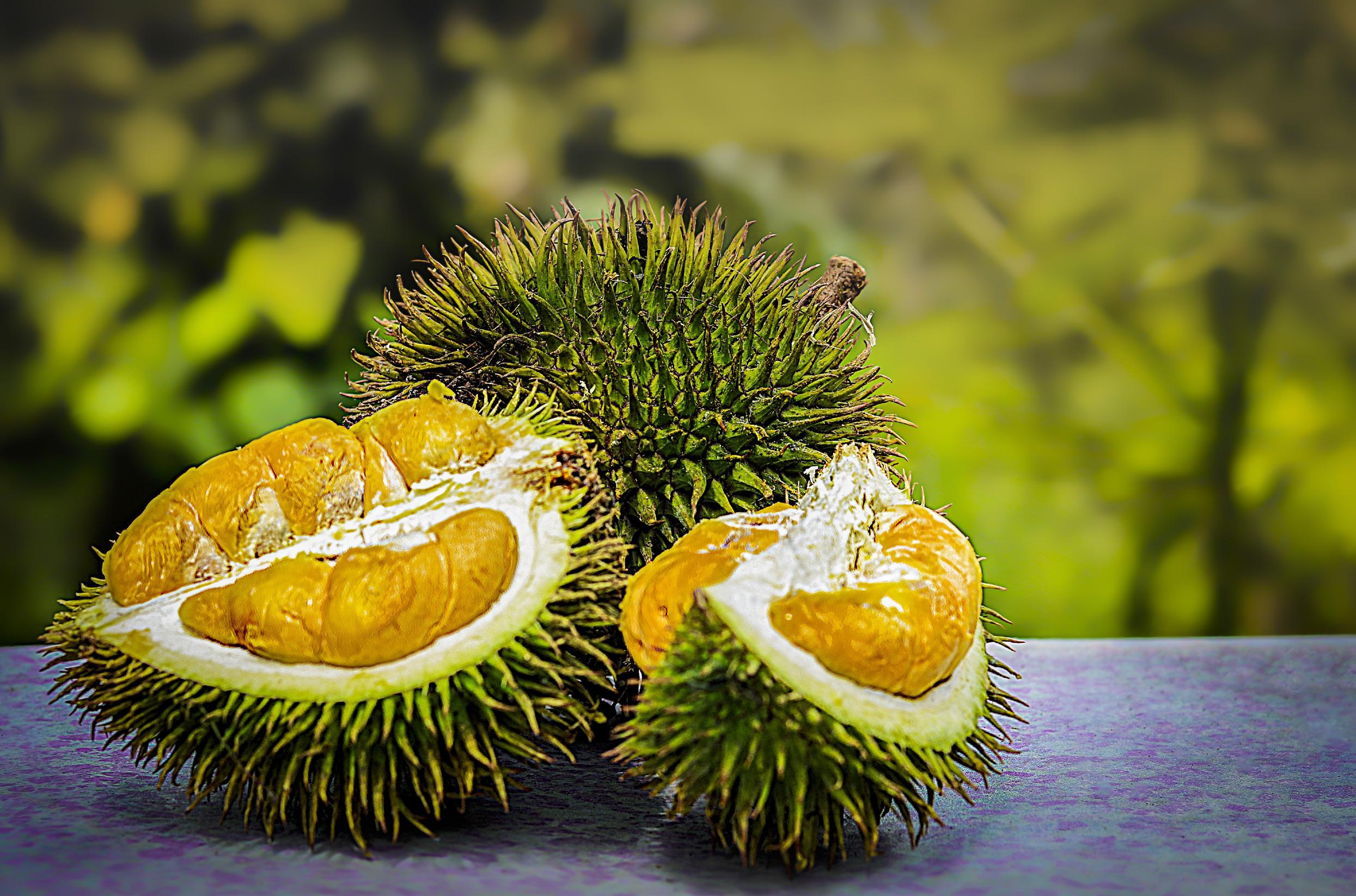
4 minute read
Writers' Block
a contribution from our AWA Writers' Group members
by Mandakini Arora
Advertisement
Tested by Durian
[An excerpt from the author’s forthcoming book on British women in Singapore and Malaya in the 1950s–60s]
Kuala Lumpur, October 1960
Dorothy Roscoe looked out of the aircraft window onto a large green field cleaved by a narrow landing strip. Two days and several stops after leaving England, she was excited to see YS. They had first met as students at the University of Nottingham. After YS returned home to Kuala Lumpur, Dorothy and he had stayed in touch and following two years apart had decided to marry.
Dorothy’s excitement must have been tinged with apprehension as she waited to disembark. What was YS’ family like? When the aircraft doors opened, all emotion was smothered by a heat unlike anything she knew. “It was like a Turkish bath hitting me,” she later recalled. “I travelled wearing stockings, a grey worsted suit and gloves—appropriate for an English summer but ill-suited to the Tropics. I’m embarrassed, being a Geography teacher, that I had dressed so inappropriately.”
Her initial shock was quickly layered by another. From the top of the steps leading down from the aircraft, Dorothy saw a small crowd on the tarmac. She was relieved when YS appeared but startled when he steered her toward the crowd. How on earth am I going to walk down this line of people, she wondered. I’m so sticky and hot, I can feel the sweat running down the back of my neck. Down the line they went. She imagined the family thinking, This sweaty, red-faced person. Is this going to be the wife of Number One son? Dorothy was struck that the family were not overtly elated by the prospect of an English daughter-in-law—"It was a rude shock to discover that they were cautious.”
From the airport they drove to the large family house, teeming with people, on Perak Road. An only child from Derbyshire, Dorothy had lost her father when she was twelve. YS was one of six children and the oldest son.
Besides his siblings, the household included twelve cousins who had lost their parents around the time that Dorothy arrived. YS’ parents had come to British Malaya from Fuzhou in the 1920s. His mother had bound feet that his father had massaged every day to restore to a semblance of their normal size. YS’ mother spoke no English. With other female household members and the children, she took her meals in a room by the kitchen, where conversation was in Fuzhou. The men ate at a round marble-topped table in the dining room. At dinnertime Dorothy was shown to the men’s table, where conversation was in English.
She had waited two long years to see YS. But that first night she was overwhelmed by exhaustion, heat and humidity, the multitude of people in the house, unfamiliar cuisine, and sadness at having left her mother, who, Dorothy later learned, had cried that she would never see her daughter again.
“Given half a chance,” Dorothy recalled, “I would have been on the next plane back to England.”
The following night, wearing a cool cotton dress, she felt less adrift. After dinner, YS’ father handed her a plate of yellowish pulp. Durian—the iconic Southeast Asian fruit with sweet, custardy flesh inside a hard, spiky shell. King of fruits to some, putrid and as smelly as raw sewage to others. Dorothy did not know of the fruit and its mixed reputation.
Wondering why everyone’s eyes were on her, she took a spoonful.
“Mmm, nice!” she said.
“OK,” YS’ father declared. “You can marry my son.”
The AWA Writers’ Group meets the second and fourth Thursday of each month. For more information, send an email to writers@ awasingapore.org










